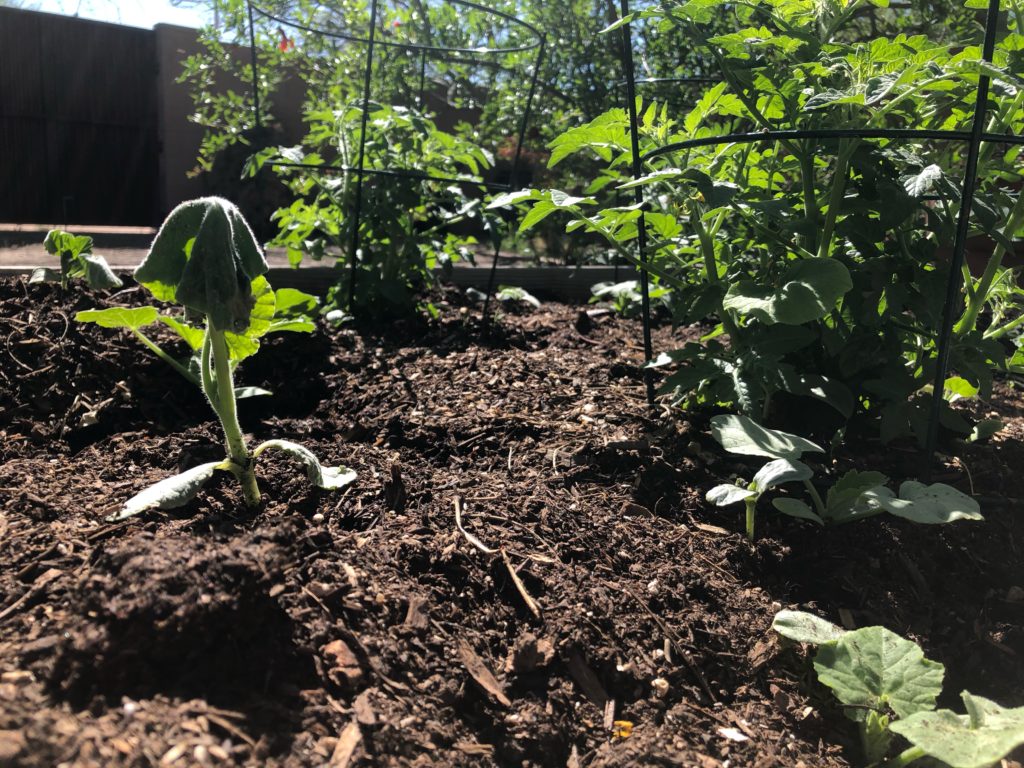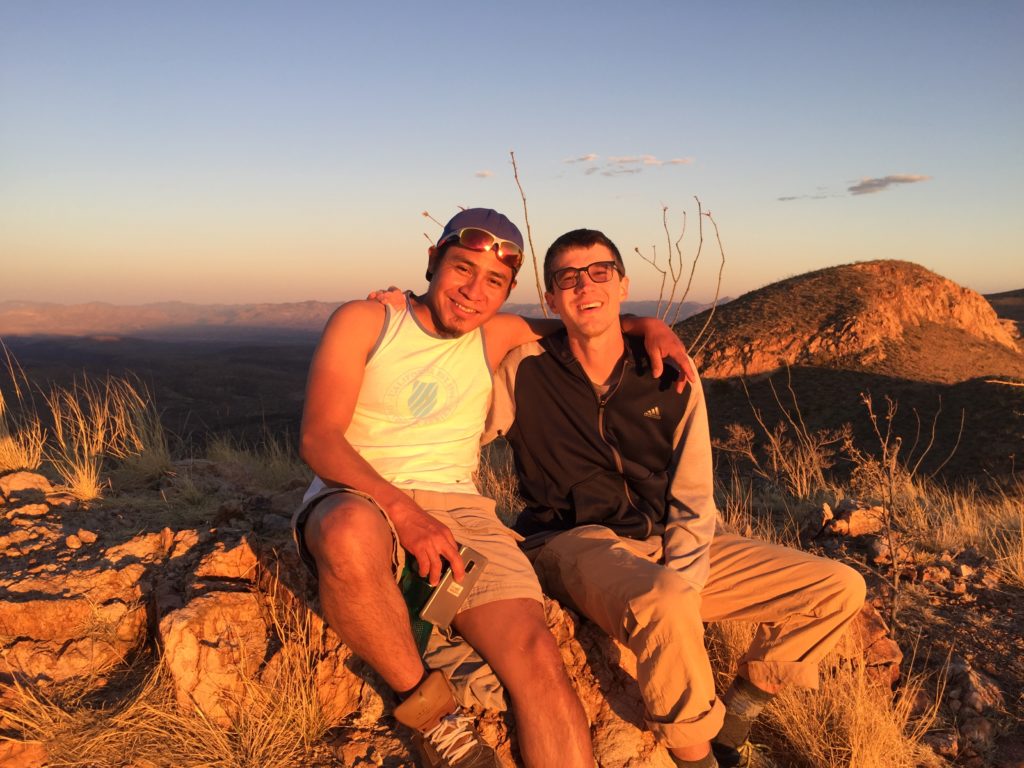In the past the work of 787 collective has been to help engage congregations to connect with young adults, but, in one of our recent discussions with Young Adults in the Borderlands, one of our panelists brought up the question of why do churches want to engage with young adults? Is it just because they are afraid that they will die off without them, is the church just trying to preserve itself? I know for a fact that young adults can live without the church, and I believe the same is true for the church. But I also believe that they can produce more love and fruit if they work together. We have a God of life who preferences biodiversity over any single species becoming dominant. This is why ecologists measure biodiversity in streams, oceans, lakes and forests to determine the health of an ecosystem. In the Bible this means that the God of life preferences the last person, the least powerful, the youngest sibling or the marginalized people to balance the social inequality in societies. It is Abel over Cain, Israel over Egypt, prophets over kings and Mary over the leaders of Rome.
In the United States we have often worked against the God of life to create social systems that now leave us vulnerable and uncertain about our future. We opted for white people being dominant over brown and black people resulting in lynching’s, walls, racism and hate. We opted for fossil fuels over other forms of energy on earth like sun, wind, and water that result in climate change, human displacement and species extinction. We opted for monoculture farming over traditional farming that made us unhealthy, gave us diseases and leaves the land without nutrients. Yet, the God of life disrupts our systems of dominance in the United States. She has given hope to the oppressed, preserved our sacred knowledge and helped us work together to resist social injustice. And I have faith that the God of life will help the church and people continue this work in the future to resist the cultural and physical death of people, animals, plants and our Earth.
Native people in the United States speak about a farming style called the Three Sisters that can help us understand how we can approach mission and church with young adults in the United States. The seeds of corn, beans and squash can certainly grow all by themselves, but together they can produce more fruit than they would alone.[1] Corn is like the oldest sister because it is the first sister to grow and the tallest. But she will not have enough mineral nitrogen from the soil without the help of her middle sister, beans, who can produce nitrogen from the atmosphere to add more to the soil. The beans can utilize her older sister corn to climb high and grow up from predators on the ground. While squash is like the youngest sister, who can create a new way for herself by growing horizontally below her older sisters.[2] But their seeds must be equally planted if they are to produce the most fruit and food for us. When one sister becomes dominant in the soil, then we don’t get as much food and harvest from the other sisters.

Perhaps, our churches are like the oldest corn sister where they have grown tall and strong over the years but need more nutrients due to the lack of beans, which is like the diversity that is missing in many protestant churches across the United States. Perhaps, it is the youngest sister squash who are the young adults that can show the older sister and church new ways of approaching mission in a changing world. But, the younger sisters can both benefit from the strong structures and experience of the church to help them grow even taller and wider to produce more fruit and love for our world. But if our churches are only filled with corn then we need to find a way to make more room for our younger siblings. We need to preference and support the lives, work and spiritualities of young people to watch them grow tall with the help of the church. We hope to engage and connect siblings across generations in this blog series of Young Adults on the Borderlands for love and connection in the U.S./Mexico borderlands. The series will focus on connecting the lives, work and spiritualities of young adults with communities that have rich histories and wisdom to help nourish and give to young adults. We will be sharing the lives and passions of two amazing young adults Brenda and Sara in Tucson, AZ with two communities in the borderlands DouglaPrieta Trabaja (Agua Prieta, MX) and St. Mark’s Presbyterian Church (Tucson, AZ) to nourish young adults with friendships, gifts and God’s love.
James Martin

[1] Robin Wall Kimmer, Braiding Sweetgrass: Indigenous Wisdom, Scientific Knowledge and the Teachings of Plants. (Minneapolis Milkweed Editions, 2013), 130.
[2] Kimmer, Braiding Sweetgrass, 132-134.








